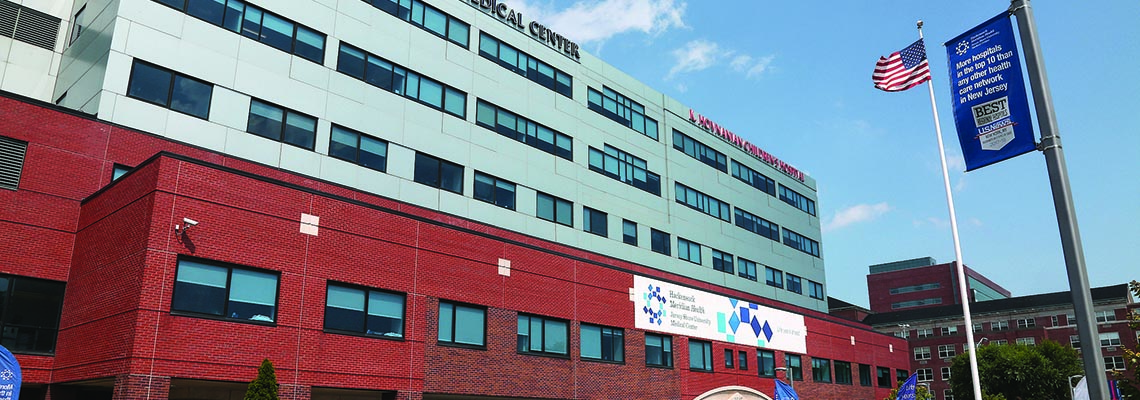Program Details
Curriculum
The formal curriculum is centers around a robust series of didactic lectures, addressing the foundational knowledge necessary for each phase of training. Principles of evidence-based medicine and critical reasoning are followed throughout, and case-based learning and simulation sessions are used as appropriate.During the General Pediatrics phase of the residency, PGY1 and 2, these lectures will focus on the pathophysiology of Pediatric disease. These learning experiences occur chiefly on Thursday afternoons, when residents are freed from clinical responsibility while they attend “resident school.” All types of Pediatric disease are covered, as well as topics such as radiology, pharmacology and quality improvement.
Lectures in the Adult Neurology PGY3 year will similarly focus on the pathophysiology of Neurologic Disease. Subjects include General Neurology, Vascular Neurology, Epilepsy, Neurocritical care, Pediatric Neurology, Neurophysiology and Psychiatry.
In the Child Neurology phase of training, PGY4 and 5, the core lecture series continues, focusing on all the neurological conditions found in children, including Epilepsy, neonatal neurology, stroke and other vascular conditions, congenital malformations, headache, movement disorders, neurogenetics, ethics, pain management, neuroimmunology, behavioral neurology, psychiatry, neuromuscular disorders, neuro-ophthalmology, otoneurology, and neuro-oncology. Over 150 lectures discussing the above topics take place, generally occurring at noon. In addition to these core lectures, there is weekly grand rounds with both local and invited outside speakers. In addition, Neuropathology will be taught Dr Steven Chin, MD, PhD, of Montefiore (NY) Hospital. Finally, two mini lecture series, one on Neuroanatomy and another focusing on Board Review.
Educational Conferences
Conferences, as opposed to didactic lectures, are naturally more case-based learning in nature, and the order in which subjects are covered is dictated by the patient disorders which have recently been encountered. The focus is more on individualized diagnostic and management issues than are the didactic lectures. The subjects of these conferences is slanted by the phase of training in which they occur, i.e. General Pediatrics, Adult Neurology or Child Neurology.
During the General Pediatric years, conferences include case-based morning reports, subspecialty teaching rounds, radiology conference, “running the list,” and neonatal conference. Further details can be found at Link/Figure “2019-2020 Morning report Schedule (Peds).
During the Adult Neurology year, the Child Neurology resident participates in the Adult clinical case conferences, radiology conference, neurophysiology conference and Neurovascular (stroke) . In addition, Journal Club, clinicopathologic conference (CPC), Neurosurgical tumor board, Morbidity and Mortality, and Board/RITE examination conferences. Between the didactic lectures and these conferences, there are generally two educational activities each day. See “Adult Neurology Morning Report and Noon Lecture Series as either a link or an illustration”. This is the same link as in Section 3.
A similar pattern is then followed in the Child Neurology years, PGY4 and 5. Given that epilepsy and headache make up a larger share of Pediatric patients than adult, conferences addressing these conditions occur more frequently. Neurophysiology, Neuroradiology and Neurosurgical conferences also play a prominent role. Clinical case conferences addressing the other aspects of Child Neurology, such as Movement disorders, Neurovascular, Neurogenetics, Neurometabolism and Development and Behavior occur on a rotating basis. All conferences and lectures will be available via remote connection, so that the resident can attend regardless of which site they are physically rotating through.
Rotation Schedule
The clinical and elective rotations form the backbone of the Child Neurology Residency Program. During these rotations, the resident learns the practical skills which will enable them to diagnose and manage pediatric neurologic disease. In the General Pediatric phase of training, the PGY1 year consist of 5 months of inpatient general pediatrics, along with one block of term newborn nursery, one block of Neonatal ICU, and 1 block of emergency medicine. The remaining blocks are spent in required subspecialty rotations, along with outpatient acute illness and community medicine experiences.
The PGY2 year of general Pediatrics has an additional 3 blocks of General Pediatrics Inpatient service, along with two blocks in the Pediatric ICU and another one in the Neonatal ICU. A block of Developmental/Behavioral Pediatrics and 5 blocks of subspecialty Pediatrics round out the year.
The PGY3 year of Adult Neurology training consists of 3 1/2 months on the inpatient wards, including the general, stroke and epilepsy units. There is also month of Neuro ICU and 6 weeks of night float. Three further months are spent in Adult General Neurology Clinic, and another 3 are spent on clinical electives.
Rotations during the final two years (PGY4 and 5) concentrate on the diagnosis and management of the entire range of diseases encountered in Child Neurology. The resident will spend time at both the K. Hovnanian Children’s Hospital at Jersey Shore Medical Center and at Joseph M. Sanzari Children’s Hospital at Hackensack University Medical Center. In accordance with ACGME regulations, at least 12 months must be spent in clinical child neurology, with at least four of those months outpatient experience. In addition at least one month will be spent on the child and adolescent psychiatry service, and one month will be spent on Neuropathology. The remaining months are spent pursuing electives, with most resident choosing to do two blocks of Neuroradiology, and another two to three months of Clinical Neurophysiology, including EEG and EMG.
Throughout the 5 years, residents are required to attend weekly continuity clinics. They will also participate in a variety of scholarly activities, including making presentations, participating in quality improvement efforts and conducting at least one research project. Finally, one block of each year is devoted to vacation.

